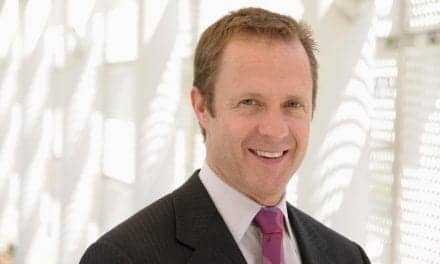Josef Seifert, founding director of the Institute for Philosophic Studies at the University of Dallas, last week delivered a lecture entitled "Where Ethics Meets Aesthetics: Goals and Bounds for Plastic Surgery" at the university, in which he talked about the intersection of philosophy and plastic surgery.
According to The University News, Seifert stated that there are different ethical tracks in aesthetic surgery — whereas the intent of reconstructive surgery is to restore the function of or salvage the inoperative body part, either lost since birth or due to an accident or warfare, in cosmetic surgery the objective is to change what a person believes is a deformity that ruins their outer appearance.
Seifert claimed that, "The goal of human restoration is to restore the 'normal form' of human dignity and human beauty." Seifert asserted that, in most cases, cosmetic surgery obtains a negative connotation due to the motives of both the patients deciding to undergo it and the surgeons who claim to exercise the profession for its intended purpose. More often than not, he added, if the patients have the right insurance or money to pay for the procedure, then surgeons operate on them despite the possibility that the client's only motive is to be viewed afterward as a sex object.
The current morality within the medical profession was also brought up and addressed by Joseph Heyne, MD, breast surgical oncologist at the University of Texas Southwestern. "I believe that much of the underlying illness that plagues those seeking cosmetic surgery is psychological, which unfortunately stems from an illness and [is] perceived in society as a whole, namely the blindness to the beauty of things in their natural state," he said.


